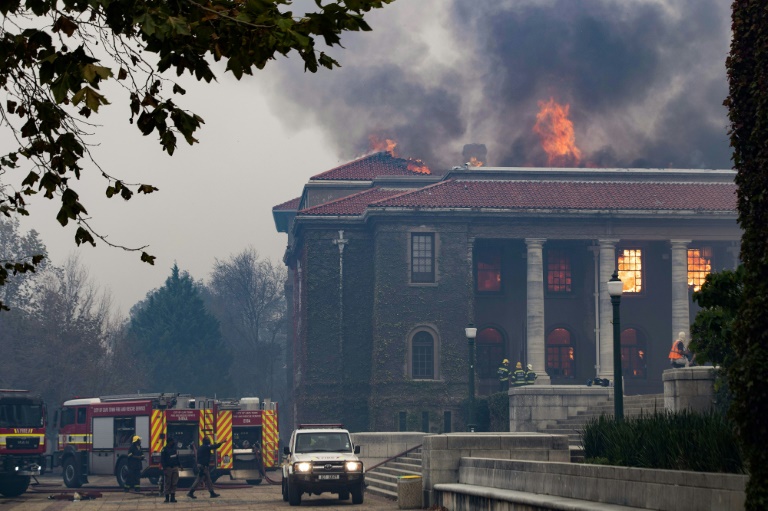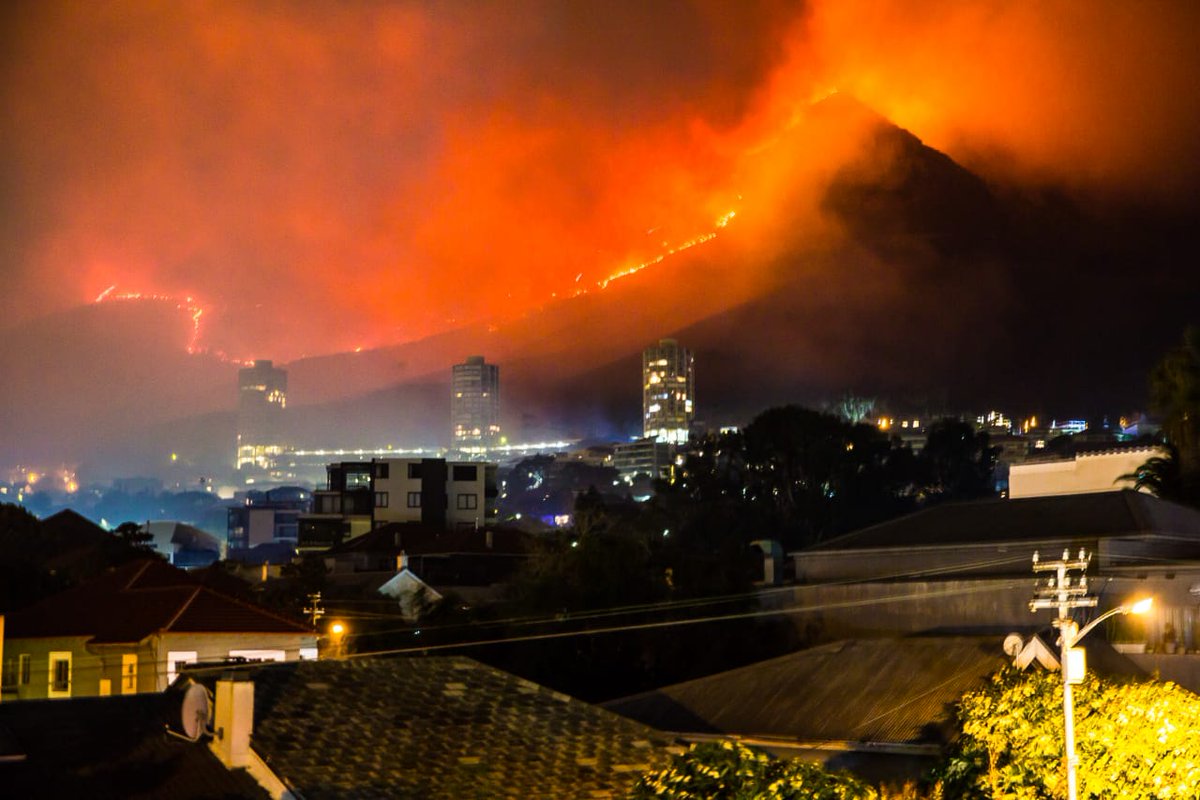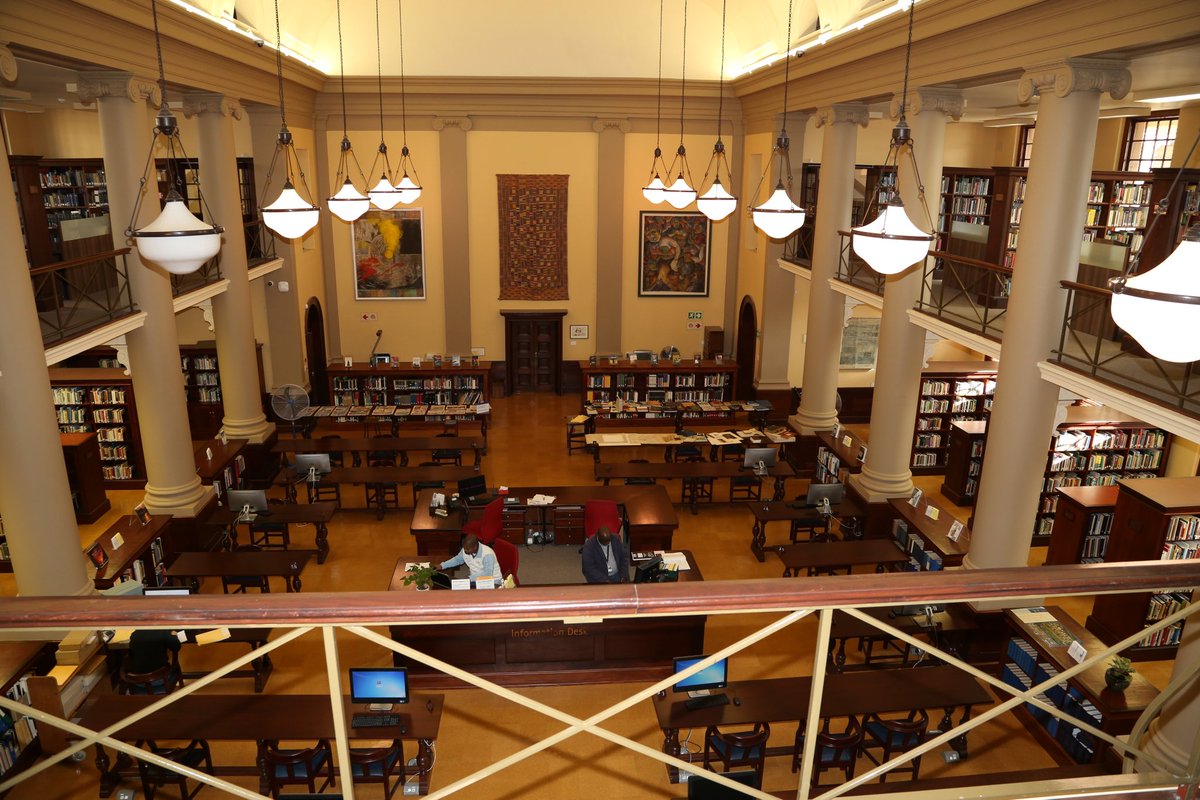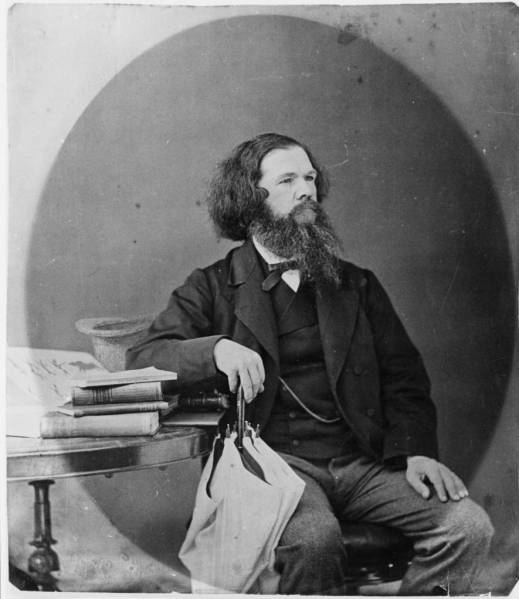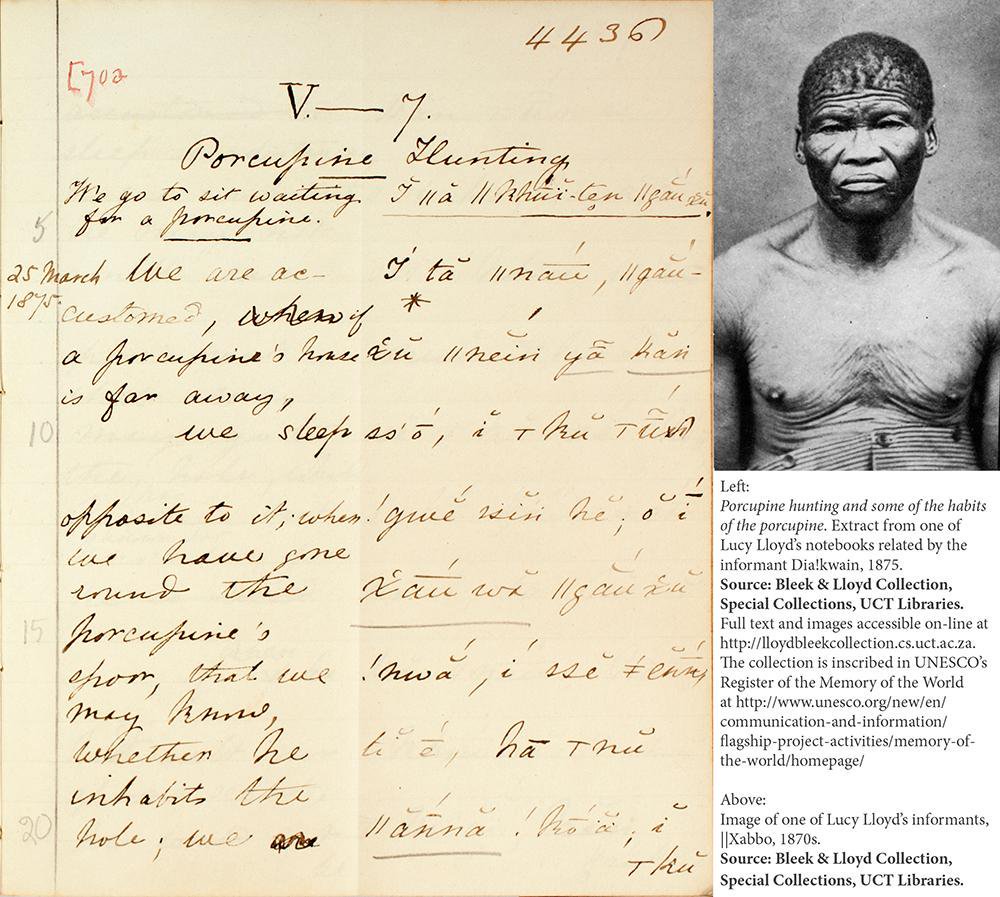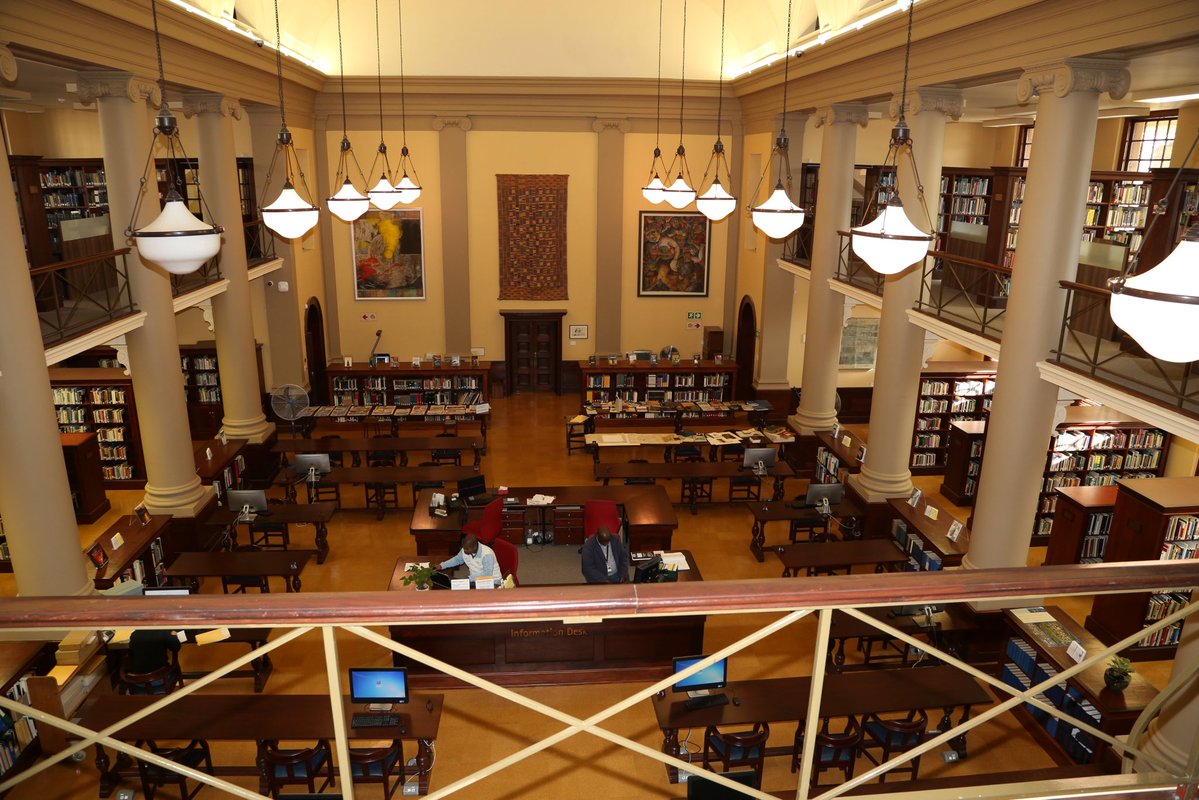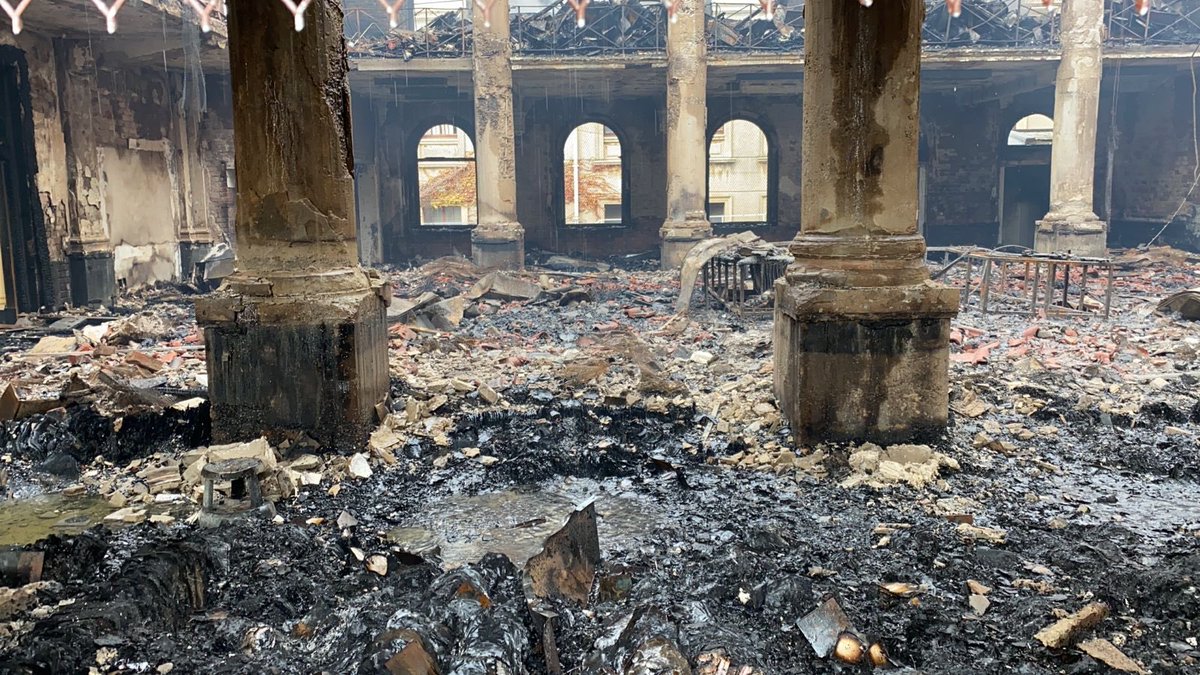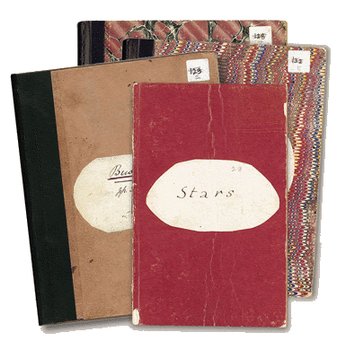This is potentially a cultural tragedy happening as we watch in horror - I know this library quite well - if it has indeed been destroyed, the losses are incalculable, from incunables to priceless Africana. https://twitter.com/kimondegreef/status/1383796941499224076">https://twitter.com/kimondegr...
This is the main Cape Town afternoon newspaper. Their ongoing coverage is here: https://www.iol.co.za/capeargus/news/rhodes-memorial-wildfire-latest-on-firefighting-efforts-evacuations-and-how-to-donate-154df480-4ea3-4a73-8788-e21d21686ee3">https://www.iol.co.za/capeargus...
As a young man, I spent many happy hours in the Jagger library. Aside from priceless early materials, this is one of the great repositories for archives & documents of anti-colonial and liberation movements in South Africa and elsewhere in Africa. This is irreplaceable material.
A photograph from the University of Cape Town sent to me in the last 10 minutes by a relative in Cape Town.
https://twitter.com/AkhaTutu/status/1383797681647091712">https://twitter.com/AkhaTutu/...
Early information is always confused, and sometimes wrong in catastrophes like this. But at this stage it appears, horrifyingly, that it& #39;s specifically the Jagger Library& #39;s Special Collections areas that has been destroyed by the fire. https://twitter.com/Triashle1/status/1383824232170233857">https://twitter.com/Triashle1...
A glimmer of hope that the very worst losses may have been avoided. But too early to tell, or get anything approaching reliable information. https://twitter.com/mfullard2/status/1383821045358944256">https://twitter.com/mfullard2...
https://twitter.com/adantro/status/1383817689966120963">https://twitter.com/adantro/s...
The main reading room of the Jagger Library confirmed completely gutted and destroyed, with the loss of precious materials. But it appears the fire protection and confinement systems in place saved at least some parts of the library. https://twitter.com/AsandaSizani/status/1383989628990939139">https://twitter.com/AsandaSiz...
The root cause of this tragedy was likely not a failure of fire protection in the university buildings themselves, but a failure - by both UCT and SA National Parks - to adequately maintain the firebreaks and tree-plantings on the Table Mountain slopes. https://twitter.com/alexlansdowne/status/1383855948398088194">https://twitter.com/alexlansd...
A particular problem is the planting of alien species - pine trees in particular. These, unlike the Cape& #39;s natural fynbos (proteas and heather-like scrub), have an enormous fire-load, which can& #39;t be adequately contained by fire-breaks.
The fire on the slopes of Table Mountain which gutted the Jagger Library, fanned by strong winds that started up again at 2am this morning, is still raging out of control. This photograph, taken at 5am today, shows the flames now encroaching on the high-lying suburb of Vredehoek.
Cape Town press update this morning. https://www.iol.co.za/news/south-africa/western-cape/watch-evacuations-under-way-in-vredehoek-as-strong-winds-fan-table-mountain-fire-f402c95c-e9fd-46ae-aa09-4380a91bffb9">https://www.iol.co.za/news/sout...
This destruction of buildings and property is a man-made failure, not an inevitable consequence of nature. Fires on the slopes of Table Mountain are an inevitable and natural phenomenon - some fynbos species like proteas actually require fire for their seeds to germinate.
But allowing alien vegetation to grow unchecked in this ecologically fragile area and, especially, planting pine forests with their enormous fire-load close to buildings, create the conditions for the devastating spread of fires into inhabited areas.
Washington Post:
"Buildings damaged by the fire included the Jagger Library, which houses priceless African studies collections, including unique manuscripts. [...] some of the most valuable works were saved by the quick activation of roller doors." https://www.washingtonpost.com/world/2021/04/18/south-africa-fire-university-cape-town/?tid=ss_tw">https://www.washingtonpost.com/world/202...
"Buildings damaged by the fire included the Jagger Library, which houses priceless African studies collections, including unique manuscripts. [...] some of the most valuable works were saved by the quick activation of roller doors." https://www.washingtonpost.com/world/2021/04/18/south-africa-fire-university-cape-town/?tid=ss_tw">https://www.washingtonpost.com/world/202...
Guardian:
"Orange flames lit up the windows of the library, which houses considerable archives & book collections while firefighters sprayed jets of water to douse the blaze. The reading room at the university’s historic Jagger library was “gutted” [...]" https://www.theguardian.com/world/2021/apr/19/cape-town-fire-table-mountain-evacuate-university-jagger-library">https://www.theguardian.com/world/202...
"Orange flames lit up the windows of the library, which houses considerable archives & book collections while firefighters sprayed jets of water to douse the blaze. The reading room at the university’s historic Jagger library was “gutted” [...]" https://www.theguardian.com/world/2021/apr/19/cape-town-fire-table-mountain-evacuate-university-jagger-library">https://www.theguardian.com/world/202...
https://twitter.com/alb_luke/status/1383830813431635971">https://twitter.com/alb_luke/...
This was the magnificent reading room of the University of Cape Town& #39;s historic Jagger Library, entirely gutted and destroyed by the fire yesterday. #CapeTownFires
Amongst the treasures of the Jagger Library - current status unknown - are the papers of the pioneer linguist & ethnologist of the San & Khoisan peoples, Wilhelm Bleek. This collection is listed in Unesco’s Memory of the World Register as a heritage of international importance.
24 hours: The historic main reading room of UCT& #39;s Jagger Library as it was, and as it is this morning. #capetownfire
"The burning of the University of Cape Town’s J.W. Jagger Library on 18 April could be one of South Africa’s greatest losses of memory." https://www.groundup.org.za/article/photos-cape-town-fire-destroys-exquisite-buildings-and-knowledge/">https://www.groundup.org.za/article/p...
This, from arguably South Africa& #39;s most respected journalist, is what needs to be done. https://twitter.com/MaxduPreez/status/1384094944877420545">https://twitter.com/MaxduPree...
"In the Plant Conservation Unit, where researchers track changes in climate by studying fossilized pollen and comparing historical photos with current-day images, the “damage is total”, says the unit’s leader Timm Hoffman, a historical ecologist." https://www.nature.com/articles/d41586-021-01045-4">https://www.nature.com/articles/...
Some very good news Clive Kirkwood on behalf of UCT Special Collections:
"Overall the degree of destruction and water damage is not as great as we had feared watching the conflagration. Some library storage areas adjacent to the reading room were not penetrated by the fire..." 1/
"Overall the degree of destruction and water damage is not as great as we had feared watching the conflagration. Some library storage areas adjacent to the reading room were not penetrated by the fire..." 1/
"...nor were the largest storage areas in the two basement and interspace levels of the building."
The Bleek & Lloyd Collection is safe though certain photos by Dorothea Bleek which were being worked on in Reading Room are likely lost. Fortuitously these had been digitized. 2/
The Bleek & Lloyd Collection is safe though certain photos by Dorothea Bleek which were being worked on in Reading Room are likely lost. Fortuitously these had been digitized. 2/
Professor Sue Harrison has confirmed that part of the Pearson Building (Biological Sciences, UCT) was also damaged, but that the historic Bolus collection ( http://www.bolus.uct.ac.za/ ),">https://www.bolus.uct.ac.za/">... which is housed there, is intact. 3/
The Library confirms that the stock catalogued as African, Afrikaans and English literature, history, and art and architecture , as well as the Rare Book collection, was not affected by the fire, but urgently needs to be removed to prevent and assess water damage. 4/
A note from Professor Pippa Skotnes @PippaSkotnes confirming that the Bleek & Lloyd archive has indeed been saved.
http://www.cca.uct.ac.za/news/bleek-and-lloyd-saved">https://www.cca.uct.ac.za/news/blee...
http://www.cca.uct.ac.za/news/bleek-and-lloyd-saved">https://www.cca.uct.ac.za/news/blee...

 Read on Twitter
Read on Twitter